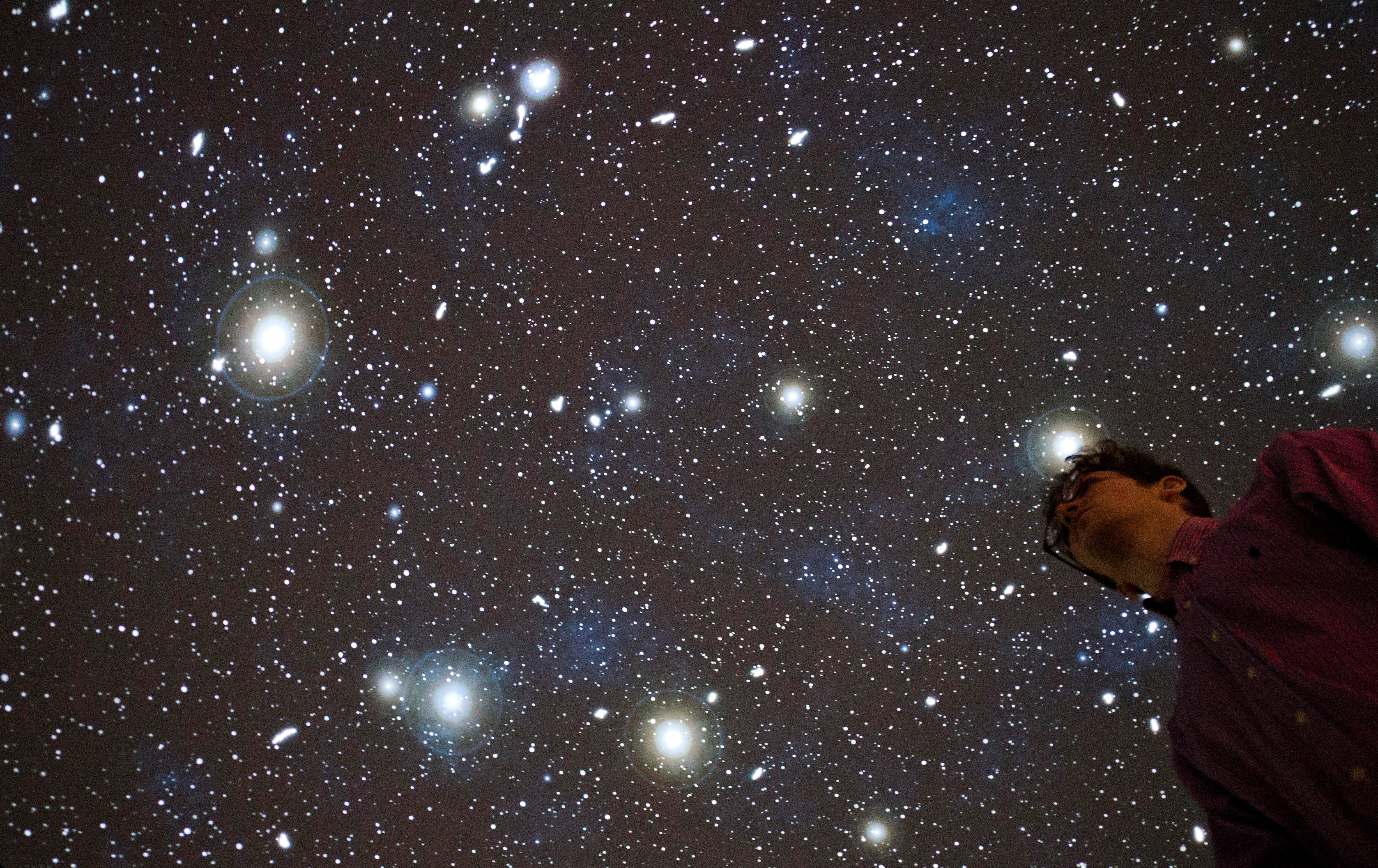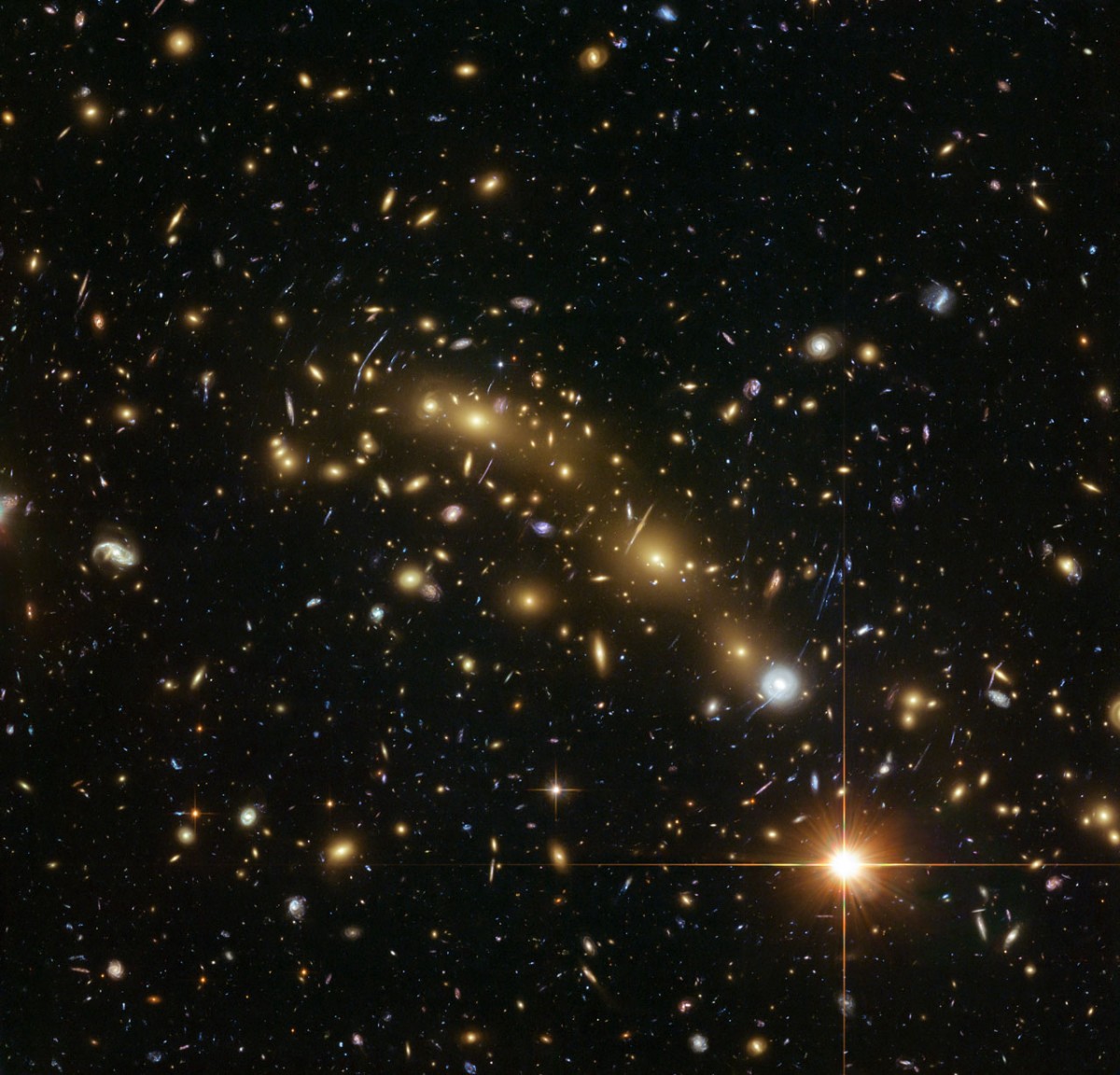We know that both aerobic exercise and meditation help curb depression. What happens when these interventions are combined?
Search Results
You searched for: Richard Hoffman
Don’t believe every science study you read, because sometimes not even their authors believe them. Here are the issues corrupting good, honest science – and how to fix them.
The Grammy-nominated comedian on mean jokes, bigotry, courage, and bringing light vs. darkness into the world.
Edward Snowden and his allies are lobbying President Obama to pardon him.
Neil deGrasse Tyson proposed an ideal form of government and caused a viral debate.
Artists such as Glenn Ligon still look to comedian Richard Pryor to make sense of the African-American experience.
Connecticut Sen. Chris Murphy, a gun-control advocate whose home state saw the massacre of 20 school children at Sandy Hook Elementary, has launched a surprise filibuster on the floor of the Senate.
On this week’s episode of Think Again – a Big Think Podcast, Ethan Hawke and host Jason Gots discuss fatherhood, perpetual warfare, and the daily struggle between light and dark within every person.
Modern detective work reveals the haunting story behind one of the most important rock records ever: Elvis Presley’s “Heartbreak Hotel.”
Each might be as heavy as an asteroid and as tiny as a decimal point.
ScienceDebate.org sent 20 fine-tuned questions to the presidential candidates. 3 out of 4 of them responded. Here’s where they stand on key science issues.
“Behavioral politics” can shed light on terrorism’s appeal. And why simple appeals to reason might not work. Indeed rationality doesn’t work the way many think it does. What makes us tick must matter for how reasoning works.
A Kentucky photograph appears to show a soul leaving a body. Why do our brains assign metaphysical meaning to blurs?
Planets, Stars, Galaxies, Groups and Clusters are all real. But Superclusters? They’re nothing more than optical illusions. “It is far harder to kill a phantom than a reality.” –Virginia Woolf […]
Your brain is the neural battleground of science and religion, with religious people and atheists differing in intelligence and empathy. Can the two extremes reconcile?
Healthy sounding foods aren’t always healthy. A 2014 study titled Truth, Lies, and Packaging: How Food Marketing Creates a False Sense of Health examined the difference between packaging claims of […]
Their thoughts were more complex than either side of the gun control / gun rights issue acknowledges.
To describe humans as innately selfish creatures (a) misunderstands some of our most important scientific and evolutionary theories and (b) is empirically false. A person’s first impulse is generally toward generosity, not meanness.
▸
2 min
—
with
Sotheby’s will auction off 380 pieces from Bowie’s collection later this year. The collection is “eclectic, unscripted, [and] understated,” according to Sotheby’s European chairman Oliver Barker.
Our picture of life is going through a major shift. Ed Yong’s book I Contain Multitudes reveals that a genome generally doesn’t contain all the genes an organism needs. Symbiosis isn’t rare, it’s the rule. And we’re just the icing on life’s vast microbial cake.
The name of our country reflects a legacy of blood-soaked European colonialism and other historical ills. To get a fresh start, we should rebrand America by renaming it.
New bikes could be on their way to your local bikeshare system. PBSC Urban Solutions, the largest supplier of bicycles and stations in North America, has unleashed a pair of brand-new models designed to give riders a broader choice of how they use the system.
Adam Smith hated greed. He’d likely be horrified to see how his name is now used. And any Smith fans who believe selfishness is a virtue distort what Smith called his best work.
Nothing kills creativity like overthinking it. Jumping from anecdote to anecdote from his incredible career, Ethan Hawke illustrates why letting your subconscious steer the ship will get you to a more honest, creative place than your intellect ever could.
▸
6 min
—
with
Big Think is proud to partner with the 92nd Street Y’s 7 Days of Genius Festival to bring you an in-depth look at the many qualities and characteristics of genius.
Neil deGrasse Tyson and others consider whether alien diseases have the potential to wipe out humanity and maybe already have in the past.
Warhol may be dead, but Pop Art is not—it’s more international, relevant, and alive than ever.
If you’re looking for the blueprint for a better tomorrow, you’ll find it in Rutger Bregman’s Utopia for Realists. Its premise is simple: we should adopt a universal basic income plan for all citizens, work less, and open up our borders.
Nearly a quarter of Americans rely on sleeping pills—a trend that’s feeding obesity and depression levels.
Shakespeare never visited America, yet the map of the U.S. is dotted with references to his work.





























